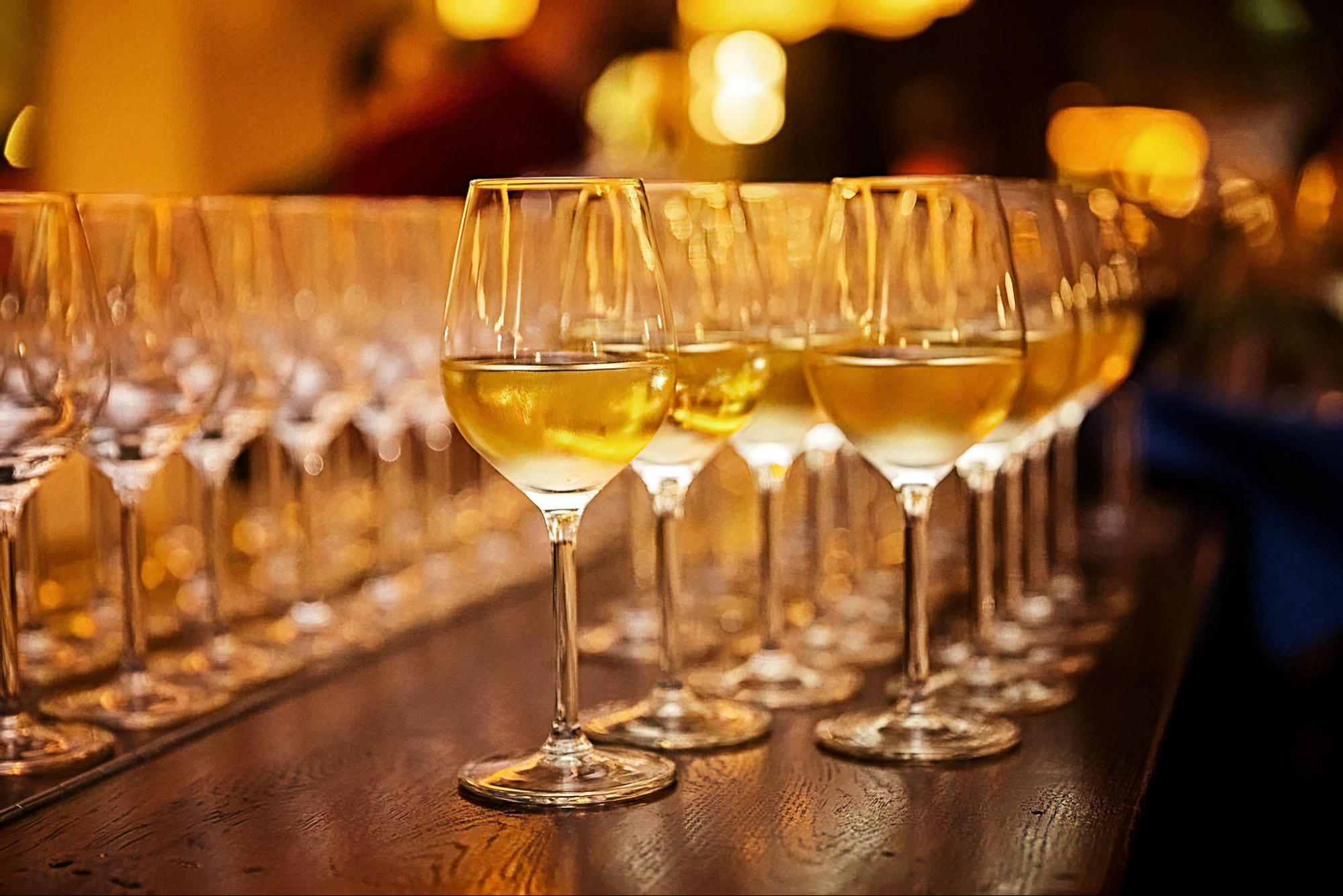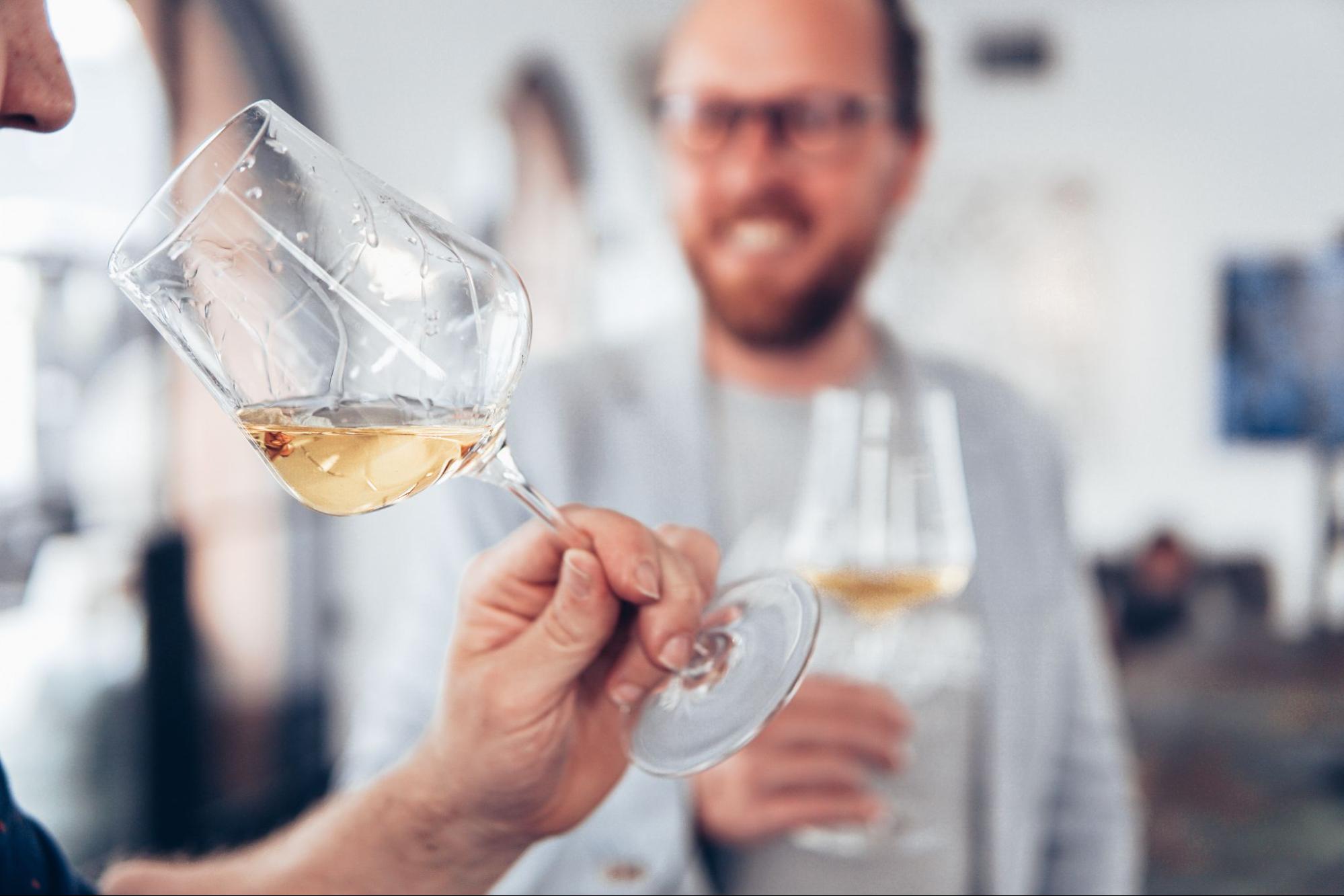- Wine Color/Type
- Top Occasions
- Unique Wines
- Surprise Me!
Mastering the Art of Wine Judging: A Comprehensive Guide
Take your wine tasting experience to the next level with these three key factors
A wine's appearance can tell you a lot about its age and quality Photo: Bridge India, unsplash.com)
Savoring a good bottle of wine is one of life's simplest pleasures. But to truly appreciate the magic in your glass, understanding the art of wine judging is essential. Whether you're a seasoned oenophile or a beginner, this guide, brought to you by Vinovoss, a leading authority in wine education, will teach you how to evaluate wine like a seasoned sommelier.
Factor 1: Appearance
The first stop on our journey to wine connoisseurship is the appearance of the wine. A wine's appearance can tell you a lot about its age and quality. Look for clarity, intensity, and color. A hazy wine might indicate a flaw, while the intensity of the color can be a clue about the wine's concentration and age. For example, a white wine that appears deeper in color might have more maturity, while a red wine that's pale could be older or made from a lighter grape variety.
Smelling is key when it comes to wine judging (Photo: Elle Hughes, unsplash.com)
Factor 2: Nose
The 'nose' of the wine, or its aroma, is the next factor to consider in our wine judging journey. Swirl your glass gently to release the wine's bouquet, then take a good sniff. The aroma of the wine is a complex interplay of the grape variety, the place where it was grown (the 'terroir'), and the winemaking process. For example, a wine with a fruity aroma may be young and vibrantly fresh, while a wine with hints of vanilla may have been aged in oak barrels.
Factor 3: Taste
Finally, the moment you've been waiting for - tasting the wine. When you take a sip, let the wine roll over your tongue before you swallow, allowing it to reach all of your taste buds. Take note of the sweetness, acidity, tannins, and alcohol level. Also, pay attention to the body of the wine – is it light, medium, or full-bodied? For example, a wine that leaves a rough feeling in your mouth might be high in tannins, while a wine that feels heavy might be full-bodied and high in alcohol.
Mastering the art of wine judging is not just about enhancing your wine-drinking experience; it's also about developing a deeper appreciation for the craftsmanship that goes into every bottle. Remember, the key to becoming a good wine judge is practice. So, why not start your wine judging journey today with a bottle from Vinovoss? Visit our website www.vinovoss.com to explore our curated selection of fine wines from around the world.
Latest articles


